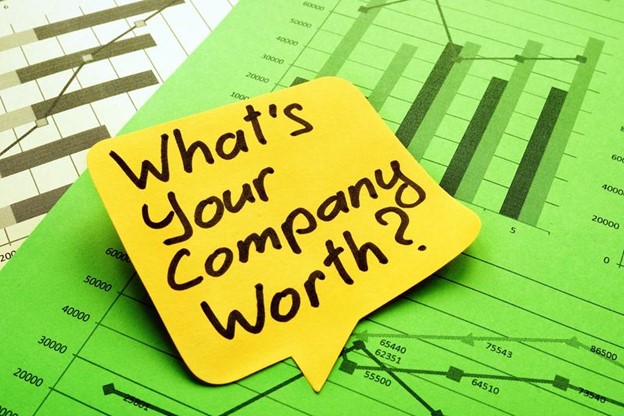A Bear Stock Market causes (or is the result of) the values of publicly traded companies to plummet; but does a Bear Market affect the values of small to midsize (SMBs) privately held businesses? One may think that in a Bear Market the values of SMBs would be pulled down with those on Wall Street, but this is not necessarily the case. 2018 is a good example of how Wall Street can be on a wild ride while SMB values hold steady, revenues and profits remain solid, and sales of privately held businesses are at record levels. While the Dow and S&P 500 was down overall in 2018 and nearly lost 20% of their value during December, 2018 was a very good year for small and midsize businesses.
A Bear Market can be created on Wall Street by economic forecasts, increasing interest rates, slowing earnings growth, world events, and government economic policies. Small business values are driven by earnings, more specifically the Discretionary Earnings or EBITDA of the business. That’s it, earnings drive value for SMBs. Because the stocks of publicly traded companies are liquid and easily bought and sold, they are susceptible to speculation and when the economic winds shift, they become volatile. Privately held SMBs are not subject to speculation and are held for long term investment by the owners, thus their values are not driven by speculation. They do not experience meteoric growth in a Bull Market, nor do they plummet in a Bear Market. The only time the value of a privately held business is of any real concern is when the owners are contemplating selling the business.
What Does Affect the Value of a Small-Midsize Business?
Earnings are the primary determinant and driver of small business value and the earnings of a business can be affected by internal and external forces. Internal forces (things within the control of the management) such as management, product life cycles (obsolescence), quality, and pricing can cause the revenue and/or earnings of a business to decline. External forces (things outside the control of management) such as the economy, competition, and commodity/materials prices, to name a few, can also cause the revenue and earnings of a business to decline.
Thus, if the economy is weak or other external forces affect the sales and earnings of a business the value of that business will be directly affected. In this sense small business values can follow Wall Street values if the economic factors also affect directly the business and its earnings. While external forces cause the stock market to swing wildly and seemingly instantaneously, changes in the values of privately held businesses are only detectable when an owner is preparing to sell the business or perhaps obtain new bank financing.
Growth in revenue and earnings also affect the value of a business. Businesses that are growing steadily or rapidly generally get a premium, and businesses with declining sales and earnings are discounted. The industry type (e.g. distribution, e-commerce, healthcare, manufacturing, construction, B2B or B2C services, retail, etc.) drives the earnings multiple for that business, however, the multiple is a constant and does not generally vary much although it can be discounted due to factors such as lower earnings within each industry, dependence on owner for day-to-day operations (little to no employees) and/or poor books and records.
How is the Value of a Small Business (SMB) Calculated?
When a small business owner is considering the sale of their business and wants to establish the market value, the first step would be to contact a professional business broker and ask for a Market Value Analysis. At Pacific Business Sales we offer a free Market Value Analysis for our prospective clients and also offer formal third-party valuations for a fee for clients in need of a full appraisal.
To establish the value of a business, the first step of course is to obtain copies of the last three years tax returns, year to date Profit and Loss Statement and balance sheet. The next step is to recast the financial statements to calculate the Discretionary Earnings, or DE, of the business. Simply put, DE is the total economic benefit or total income the owner realizes from the business. Recasting the financial statements involves reviewing the expenses shown on the tax returns and P&Ls and adding back owner’s benefits and non-essential expenses that are discretionary to the owner. The tricky or complicated part of recasting financial statements is that only expenses shown on the tax returns can be added back and any owner’s expense must tie to an expense line item on the tax returns.
When the recasting is complete the business broker or valuation analyst will use a valuation program to calculate the market value of the business based on comparable sales (comps) data and often a valuation method such as the income approach. At Pacific Business Sales we use the Peercomps valuation program and comps database along with other comps databases to calculate the market value of our client’s business.
Knowing the Market Value of your business is a critical first step in preparing to sell your business. If you would like to meet with us to discuss the prospective sale of your business and the Market Value of your business please use the button below to contact us.




